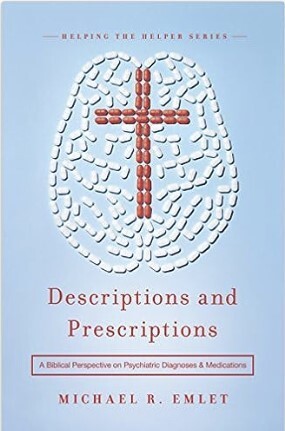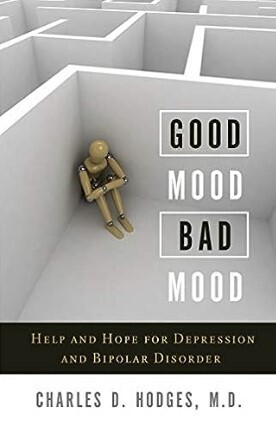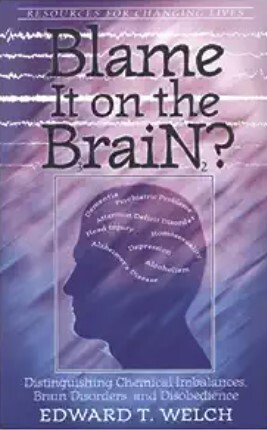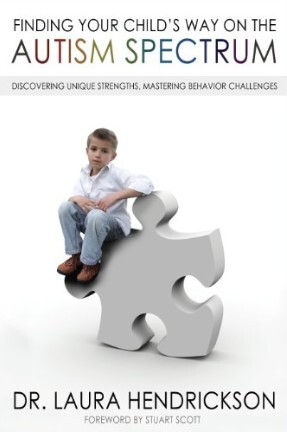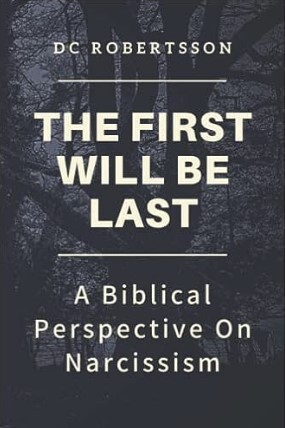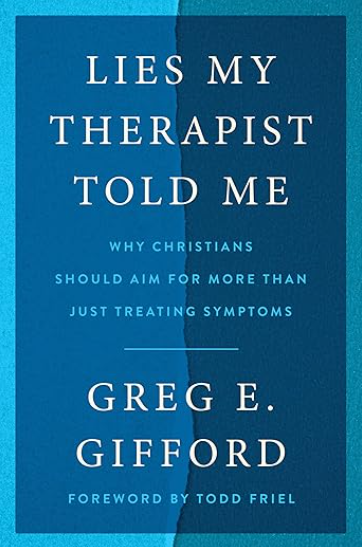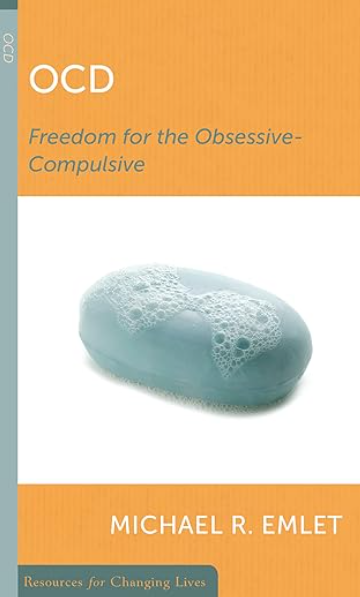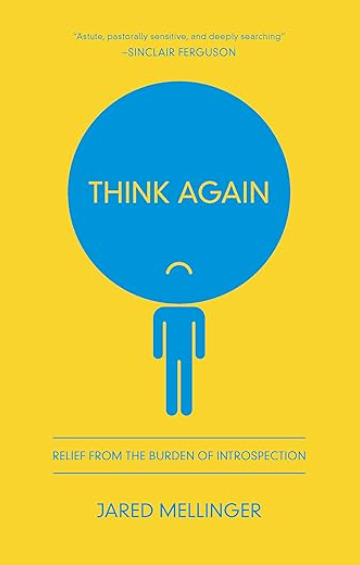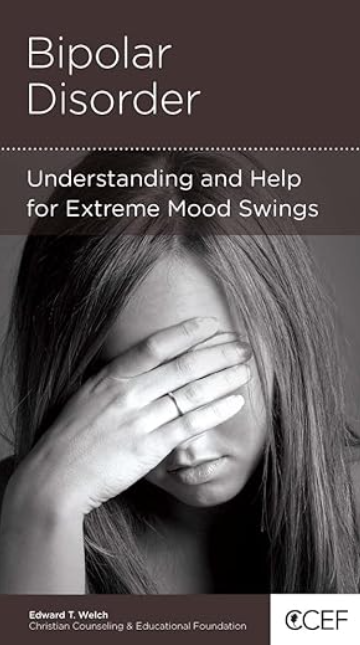The modern self-esteem movement has left us empty and self-focused. We exhaust our healthy introspection and pervert it into constant self-evaluation, wrong views of ourselves, self-accusation, and false guilt. Introspection was never meant to bear such weight. Think Again offers real relief from the burden of introspection that so many of us carry each day. Pastor Jared Mellinger, who tends to overdose on self-analysis himself, shows us how the hope of the gospel can rescue us from the bad fruit of unsound introspection. Mellinger's short, story-filled chapters help readers identify and turn away from unhealthy introspection. There is an outward-focused God who delights to rescue an inward-focused people and lead them into a better way to live. When we truly understand it, we ll see that the gospel actually sets us free from thinking about ourselves too much. We can seek after and pray for the peace and joy the sanity that comes from thinking about ourselves less often.


